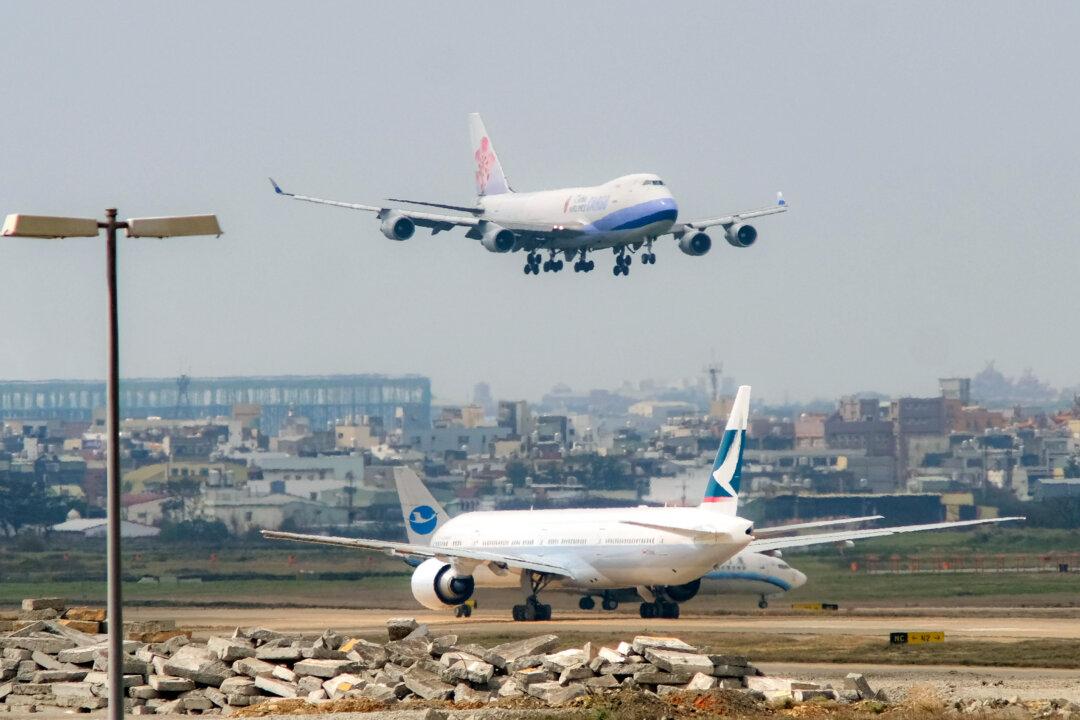Taiwan has deported two Chinese nationals accused of harassing a group of pro-Hong Kong protesters on Oct. 1, which was the 75th anniversary of the Chinese Communist Party (CCP) taking power.
“The government will take immediate and strict action against any mainland Chinese who come to Taiwan and engage in illegal or irregular behavior that endangers our national security and social stability,” the Taiwanese government stated on Oct. 3.





